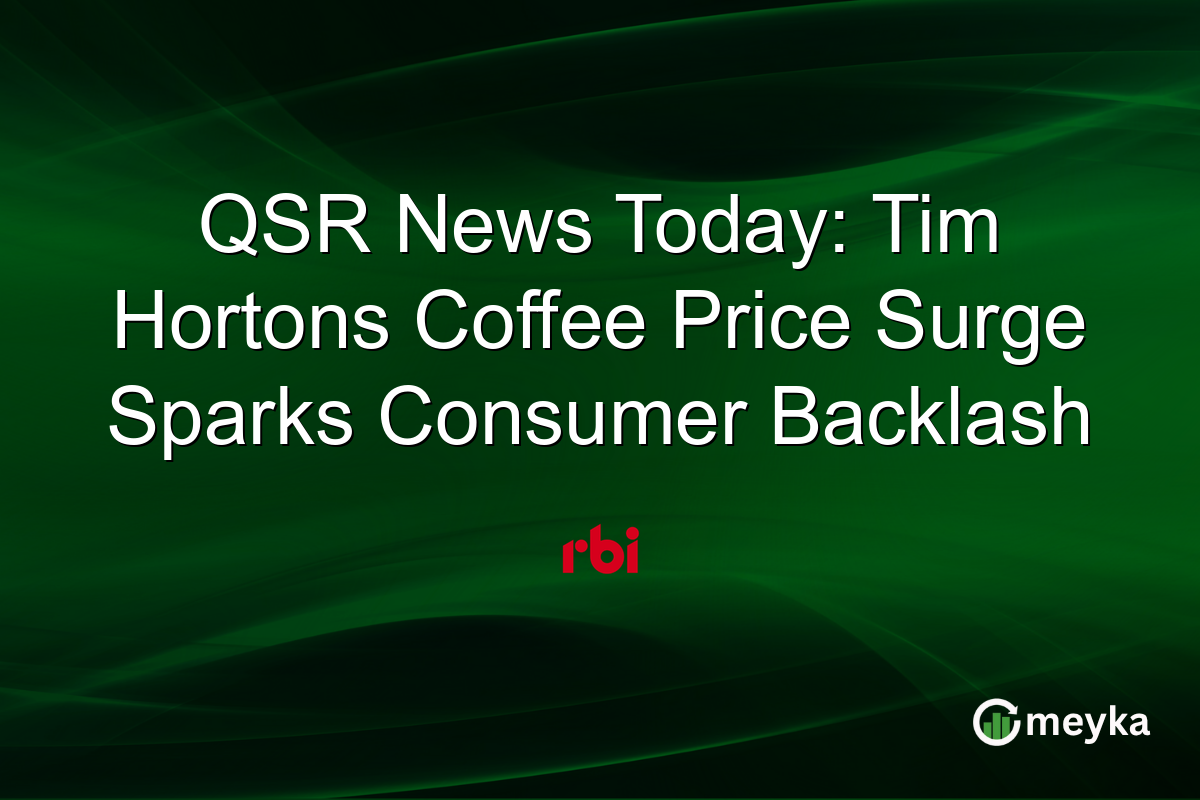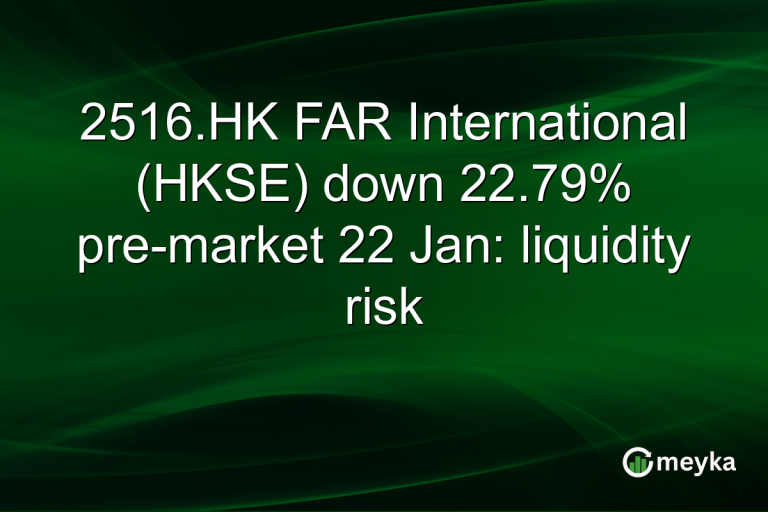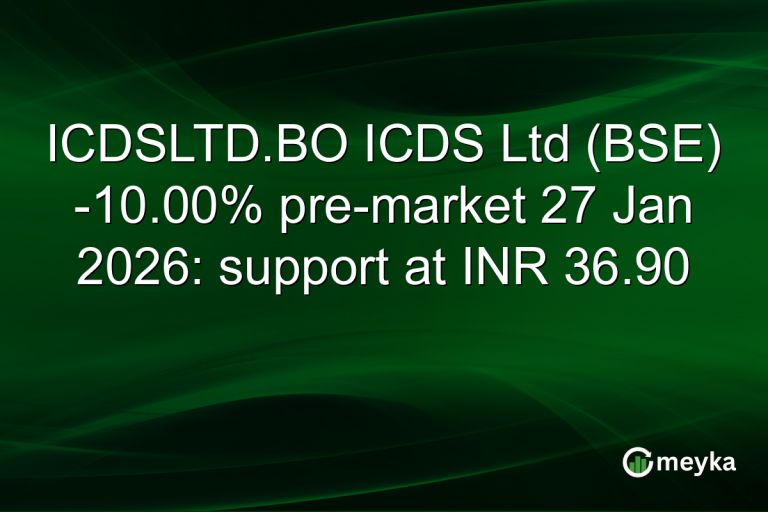QSR News Today: Tim Hortons Coffee Price Surge Sparks Consumer Backlash
Tim Hortons, a beloved Canadian coffee chain, has recently increased its coffee prices, stirring dissatisfaction among consumers. This move, made by the chain’s parent company, Restaurant Brands International, was driven by rising supply and operating costs. As coffee lovers voiced their frustration on social media, this price hike raises broader questions about inflation and its impact on the Canadian foodservice landscape. The Restaurant Brands International stock, trading under the symbol QSR, reflects these developments.
Tim Hortons Price Hike and Consumer Backlash
This week, Tim Hortons announced a price increase for its coffee across Canada. The rise in coffee prices Canada-wide comes as many voices on social platforms like Twitter express discontent. Several customers feel that the quality of service hasn’t improved to justify the increase. This sentiment is prominently displayed across social media, bringing national attention to this issue. Business analysts note that these adjustments are part of a broader trend, with many industries adjusting prices in response to escalating costs. Source
Market Impact of Rising Coffee Prices
The hike in Tim Hortons coffee prices is a symptom of a larger problem affecting the food and beverage industry. Rising inflation, supply chain disruptions, and operational cost increases have pressured companies, leading to price adjustments. Consumers are hit hardest when essentials like coffee spike. For investors, these changes signal potential volatility, yet also underscore necessary strategic adjustments. Restaurant Brands International stock, listed under QSR, shows market responses to these shifts. Currently priced at $68.445, it’s seen a slight increase of 1.3% today, but a longer-term view shows a year-to-date decline of over 6%. This stock market reaction provides a glimpse into investor sentiment in response to changing market dynamics.
Restaurant Brands International Stock Analysis
Restaurant Brands International, the owner of Tim Hortons, Popeyes, and Burger King, is positioned as a heavyweight in the quick service industry. As of today, their stock reflects both challenges and resilience, priced near $68.445 with room to grow given a target consensus of $77.25. Despite recent inflationary pressures, analysts maintain a neutral stance, with a current rating of “B” and a forward-looking “Buy” recommendation based on their Discounted Cash Flow (DCF) score. For investors eyeing long-term gains, understanding the implications of these price hikes on consumer behavior and market positioning is crucial. As the company navigates this landscape, strategic cost management and responsive pricing policies will be critical for sustainable growth.
Looking Ahead: Strategic Positioning
Tim Hortons’ recent price adjustments highlight the balancing act faced by companies amidst economic challenges. For Restaurant Brands International, navigating these waters will require innovation and customer engagement to maintain brand loyalty. Future earnings reports may reveal whether these price hikes have impacted sales volumes or if Canadian consumers adapt to the new pricing. As Tim Hortons continues to manage its cost structures, investors will watch closely for cost-cutting measures and technological adaptations that could streamline operations. The upcoming earnings announcement, slated for November 5, 2025, stands as a critical point for assessing strategic impacts and guiding future investment decisions.
Final Thoughts
The recent surge in Tim Hortons coffee prices brings more than just consumer frustration. It spotlights the ongoing battle against rising costs in the food industry. For investors, the current market performance of Restaurant Brands International offers mixed insights. While the stock has seen some recovery, the broader economic adjustments remain a challenge. Navigating the impacts of inflation requires precise strategies centered on customer needs and cost management. Meyka, an AI-powered financial insights platform, aids investors in understanding these dynamics through real-time analytics and predictive models—offering invaluable information to make informed decisions. As stakeholders await further market movements and the November earnings report, the focus will be on the company’s ability to manage costs without losing customer loyalty. Achieving this balance will determine the future trajectory of both Tim Hortons and its parent company’s financial health.
FAQs
Tim Hortons increased its prices due to rising supply chain costs and inflation impacting the foodservice industry. These increases are meant to offset higher operating expenses.
Consumers have expressed dissatisfaction on social media, highlighting perceived discrepancies between price increases and service or product quality improvements.
The price hike impacts investor sentiment as seen in QSR stock fluctuations. Monitoring these developments will be essential for future investment understanding.
Disclaimer:
This is for information only, not financial advice. Always do your research.






